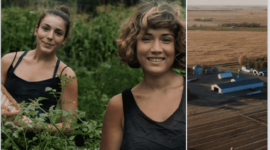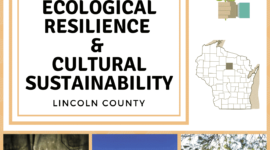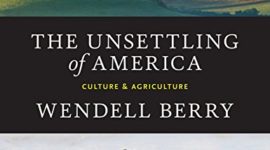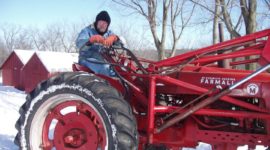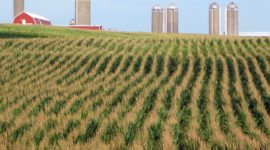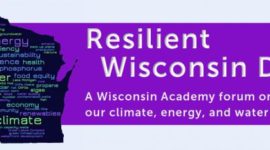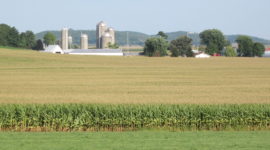Agri-Culture & Future Farming
Project Managers:
- Shannon Wheatley Hartman
- Dennis Boyer
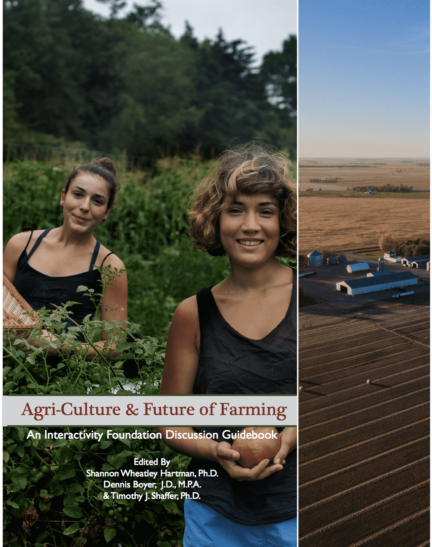
Imagine you are a farmer of the future. You produce food, fiber, or biofuel. Are you driving a tractor or sitting at a control panel (or both)? Do your crops reach as far as the eye can see, or do you manage smaller plots of land scattered throughout the countryside? What do your hands look like: do they work the soil, a keyboard, or in a laboratory? What do your fellow farmers look like? How old are they? Where are they from, and what skills do they need to do their job? Is the work rewarding? Are you respected and valued? Is this a life you want for your children?
Agriculture is often described as the science, practice, or art of farming. It is the cultivation of the soil for growing crops and rearing animals. We may think of agriculture as a means of sustaining and enhancing human life, but we often give little thought to how, where, why, and by whom this work is done. Many Americans think that small, family farms feed the American (and even global) population. But most of us know very little about the size of farms or the agriculture industry. We know even less about the regulations and subsidies around this work and how they affect people, communities, and the environment. Most Americans have never met a farmer or visited a farm! What do we know about farming communities? What challenges do farmers and farming communities face? And how might farming practices and agriculture affect us all?
In this discussion guide you will explore these questions and many more. You will review some policy ideas and discuss their consequences and trade-offs. By the end, you will have a greater, broader understanding of policy issues related to agriculture.
The Policy Possibilities described in this Discussion Guide:
A. We Are One Eco-System
B. Embrace Efficiency
C. Rural Renaissance
D. Food Matters!
E. Democracy Through Farming & Rural Life
F. Create Your Own Policy
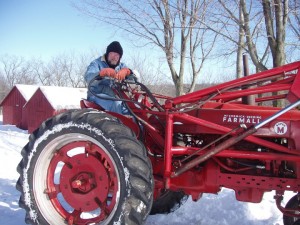 This discussion guide invites us to explore the public policy possibilities surrounding the issue of agriculture and rural life. It asks us to examine goods that are derived from the cultivation of land, which includes food for humans and animals, energy, textiles, medicinal plants, and microorganisms. Importantly, as well, this guide also focuses on the culture of rural life and encourages us to examine the ways in which identity, traditions, community, sense of belonging, and ethical norms are derived from our relationship with the land.
This discussion guide invites us to explore the public policy possibilities surrounding the issue of agriculture and rural life. It asks us to examine goods that are derived from the cultivation of land, which includes food for humans and animals, energy, textiles, medicinal plants, and microorganisms. Importantly, as well, this guide also focuses on the culture of rural life and encourages us to examine the ways in which identity, traditions, community, sense of belonging, and ethical norms are derived from our relationship with the land.
This discussion guide was developed in partnership with certain local partners, including the Berry Center in Kentucky, which helped to organize discussions with local farmers, producers, and students of agricultural studies.



